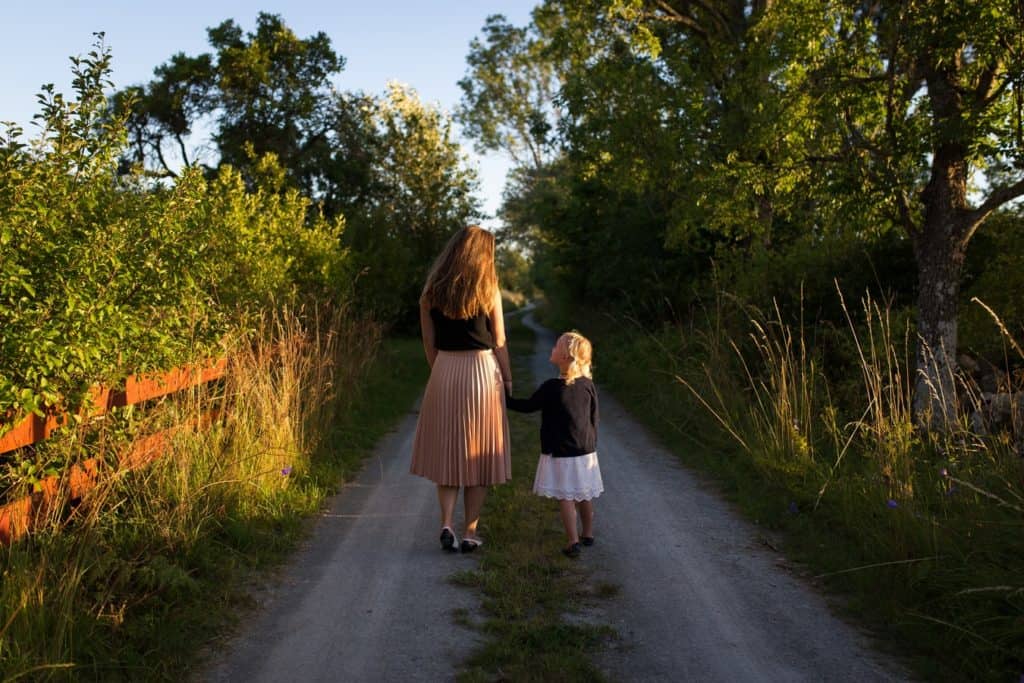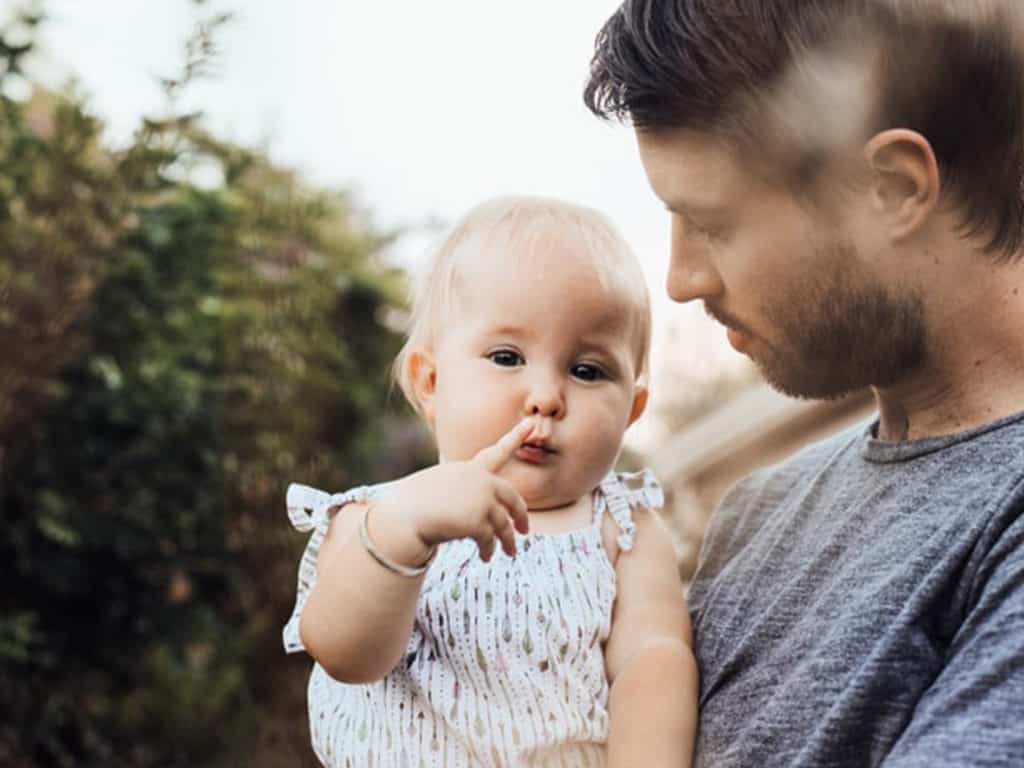- A 2018 poll asked American parents about the things they most want to teach their children
- Honesty, respect and gratitude came up time and again
- These are ten lessons that adults need to remind themselves of as much as teach their little ones

How is it that a practice as truly ancient and time-honoured as parenting still seems so daunting and shrouded in mystery? People have been having children for thousands upon thousands of years, so you might have hoped we’d all be pretty good at it by now. Of course, the actual creation of life is, in many instances, the simple part; but nurturing that life, and raising a well-balanced and healthy human being – that’s just a little bit trickier.
Some of us who become parents refuse to do so until our lives are at what we deem to be in just the right place: right income, right home, right level of emotional stability and maturity. Others just go for it regardless; and of course, many more find themselves thrust into the world of parenthood unintentionally. Yet it doesn’t matter if you’ve planned to have a child for years, or if you suddenly find parental responsibilities thrust upon you: it’s always going to be a shock to the system, and it’s unlikely that you’ll ever feel entirely ready.
Once we get past the basic material concerns (keeping the child fed, warm, clean and clothed, etc), parents have to ask themselves the even more difficult questions: what sort of person do I want my child to grow into? What values do I want to impart? What lessons do I have to be sure to teach, and how do I go about teaching these?

A 2018 survey of parents in the USA conducted by the YMCA and OnePoll asked participants what the main life lessons were considered the most important to pass on to their children – and these were the top ten answers.
1. Be respectful
Teaching your children to be well-mannered has always been considered a parenting essential. However, it’s not just about getting your kids to simply speak and behave in a specific way in specific company; it’s about how they think of others, with kindness, deference and an open mind.
2. Be thankful for what you have
Surely the last thing any parent wants is for their child to grow up greedy, entitled and ungrateful. As important as it is that children learn to say “please” and “thank you” early on, it’s even more important that they understand how much these words really matter, with sincere gratitude and appreciation.

3. Honesty is the best policy
The importance of being honest is another of those timeless parenting lessons that never goes away. No one wants to raise a little liar, as they have an unnerving tendency to mature into great big liars. We want our children to be truthful, so it’s vital that we practice that same policy in the home, being as open and direct as we can.
4. Never give up
Whether we mean to or not, most parents will at some point wind up playing the “I gave up my dreams to have you!” card. Yes, it’s an easy guilt trip, but it also underlines our hope that our children will fare better in life than we have, persevering even when things get tough. The wide-eyed imagination and optimism of childhood is magical to behold, and though the harsh realities of life will inevitably take its toll on this, we never want our kids to lose it altogether.

5. Learn from your mistakes
As might be said of a lot of these life lessons, this is something that parents are often trying to teach themselves to do as much as their children. We all slip up and make the wrong move from time to time, but what really matters is how we handle it. We have to accept that we can’t change what was, but we can change what will be, and we can’t let our past mistakes define us.
6. Don’t be quick to judge people
Hand-in-hand with being honest and respectful, parents also need to teach their children to approach others with an open mind and an open heart. It’s all too easy to go through life assuming the worst of others, but if we get stuck in that habit, we’re sure to grow up bitter and lonely individuals. Surely no one wants that for their children.

7. Admit mistakes
This of course ties in closely with point number five: children (and adults, for that matter) will never learn from their mistakes if they deny ever making any. Self-belief is of course important, but it’s important not to get deluded into thinking you’re never in the wrong. If children can accept this early, and be willing to confess to their own errors, they’re sure to grow up more balanced individuals.
8. Take care of your physical health
During the lockdown, few things have been quite so challenging for parents as getting their kids to partake in a little physical education. Particularly today, it’s so easy for kids to wind up doing nothing but slouching in their rooms staring at their devices all day – but as we learn in adulthood, this can take its toll on physical health. Growing up happy and well-balanced also necessitates learning to exercise regularly and follow a sensible diet, and it’s easy to maintain that in later life if you start early.

9. Listen before you speak
It used to be that stern parents would declare that children should be seen and not heard. Hopefully we’re all a bit more advanced than that today, but the underlying point remains: kids need to learn to pipe down and pay attention, rather than just haphazardly shooting their mouths off. Yet again, this is as much something that parents often need to remind themselves as their offspring.
10. Spend time with the people you love
This last lesson may, in part, be down to that age-old anxiety that most parents have: the fear that once our kids are grown, they won’t have time for us anymore. Beyond this, though, it’s also the hope that our children will never have to know the pain of loneliness. Whether it’s family members, romantic partners or friends (or, even better, all three), no parent wants their child to live without the care and affection of others.

